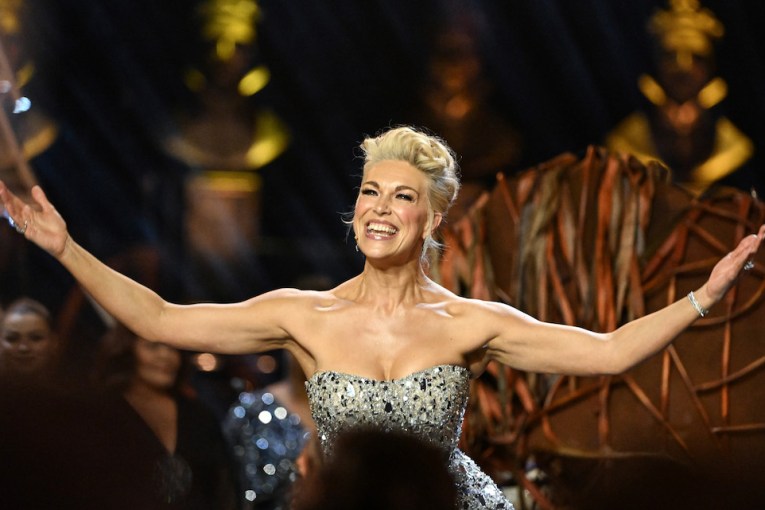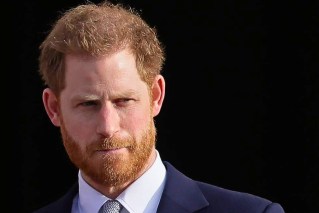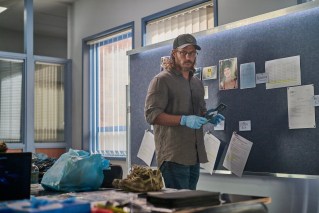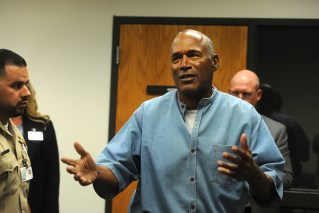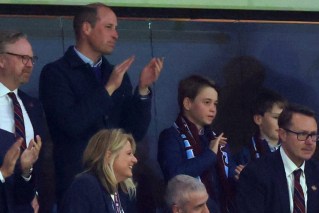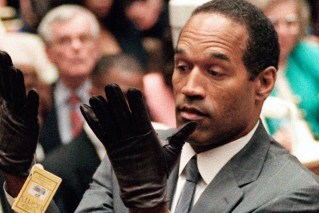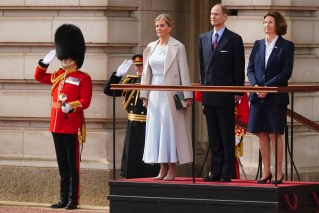Jenni ‘JWoww’ Farley opens up about son’s autism diagnosis

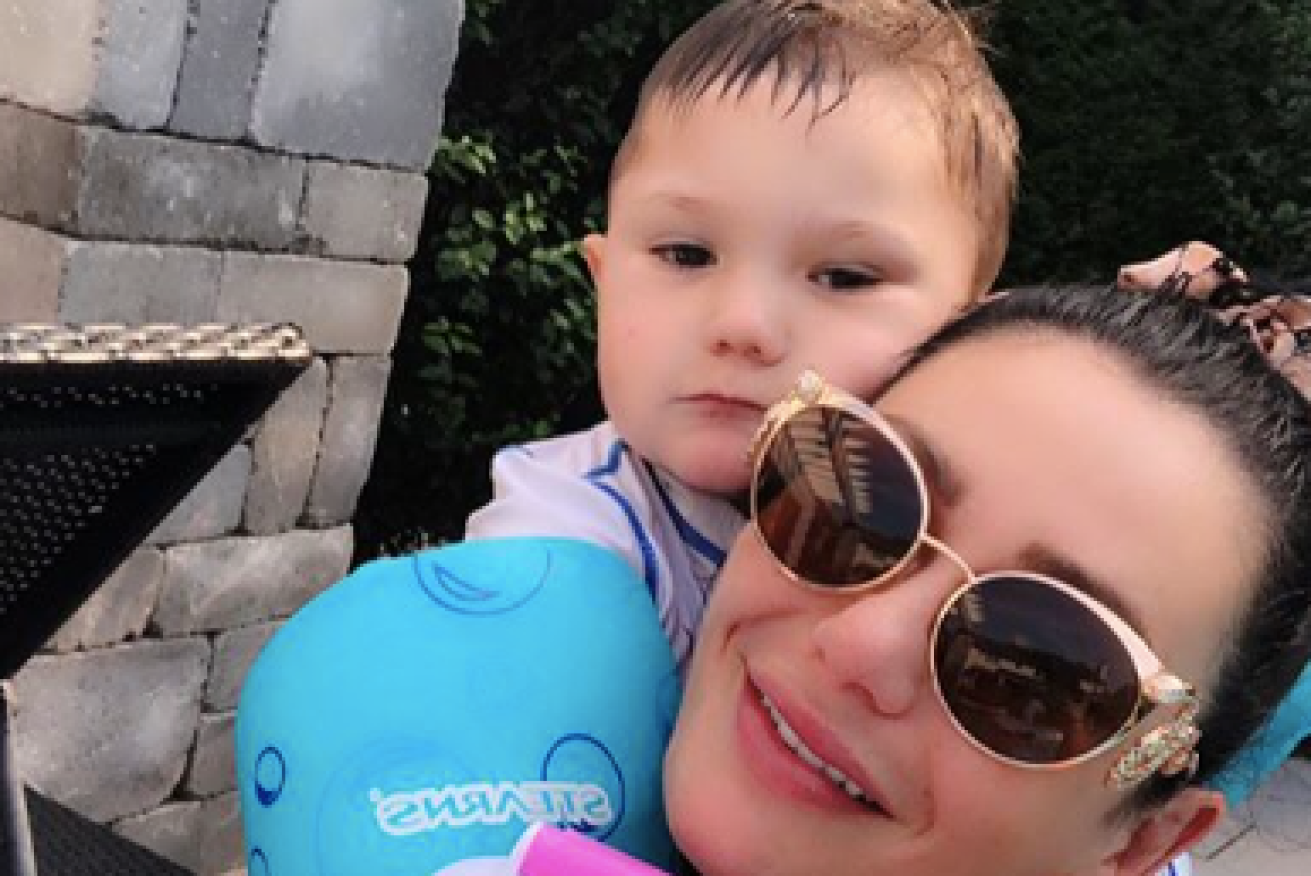
The Jersey Shore star with son, Greyson. Photo: Instagram
Jenni ‘JWoww’ Farley has revealed she “felt very alone” before her son’s diagnosis with autism – an all-too-common experience for many Australian families, according to experts.
The Jersey Shore: Family Vacation star said her two-year-old, Greyson Mathews, struggles with speech problems and is “non verbal”.
In an interview with Hollywood Reporter, the mother of two said her youngest child attends weekly co-therapy sessions and is making “positive, positive” development.
JWoww, who has reportedly filed for divorce from her husband of three years Roger Mathews, has also spoken about the social isolation she experienced before Greyson’s diagnosis.

JWoww says Greyson is now “doing amazing” with regular speech therapy sessions. Photo: Getty
“Roger … not that he couldn’t care less, but he was like, ‘he’s perfect. He’s going to be fine. This is no big deal’,” she told Today.
“In that aspect, I felt very alone because I was the only parent.”
This disconnect between parents of recently diagnosed children is not uncommon, Dr Josephine Barbaro, an autism expert at La Trobe University’s Olga Tennison Autism Research Centre, said.
“This celebrity found that her partner wasn’t on the same page as her, and it’s common. One is seeking or pursuing help, and the other is in denial,” she told The New Daily.
Loneliness and isolation common themes post-diagnosis
Dr Barbaro said many parents of autistic children will become “quite insular” after a diagnosis.
“They do feel quite lonely and isolated from friends, family and the external world,” she said. “They stop doing what they used to do in the past because they are trying to come to terms with the reality of what their new family life will be like.”

Jenni, with daughter Meilani, and Roger, with Greyson, make a family appearance in New York in November. Photo: Getty
Dr Barbaro’s research at La Trobe has found that, following a diagnosis, many parents feel overwhelmed, uncertain about the future, and that they cannot share the diagnosis with other people.
Many families also face the reality of managing other people’s denial, be it their own partner’s, relatives’, or family friend’s.
However, clinical psychologist Nicole Rinehart, from Deakin University, said not all parents reacted negatively to a diagnosis.
“There’s a range of reactions … once their child’s been diagnosed with autism, they can have the opposite reaction, and that’s a sense of belonging,” she said.
“For some families, knowing that their child thinks in a different way that’s to be celebrated makes them feel better.”
Fix the world, not the kid
Professor Rinehart said a confirmed early diagnosis also opened up a pathway of opportunities, not just for the child but for the family too.
“Twenty years ago it was ‘fix the kid’, not ‘fix the world’,” she said.
This was known as the ‘deficits model’, which focused on what was wrong with the child. Now, health professionals use a ‘strength-based model’, which focuses on creating more opportunities for the child by building on their strengths.
“There are amazing new resources and interventions and support,” she said.
“It’s about making the world fit for all kids. It’s not about ‘fixing’ the child, it’s about changing the world.”
Accessing support
Fiona Sharkie, CEO of Amaze (formerly Autism Victoria), said peer support was an effective strategy for many families.
“It’s always very validating when you speak to somebody who has a lot of information and a lot of prior experience, it gives you a level of comfort,” she said.
“Joining an autism support group for families, evidence-wise, is very, very effective in helping people with that social isolation and feelings of being alone, and not having information and not knowing what to do.”
Autism associations are available in all states, and online support groups and forums can also be helpful.
Playgroups such as PlayConnect, which is specifically for autistic children, is another way to meet other families. There are playgroups across Australia (more information here).
The All Play program is also another research-backed resource for Australian families.
Ms Sharkie said the public could also help by learning how to support someone with autism.
“We know that 98 per cent of Australians have heard of autism, but only one-third know how to support someone with the condition,” she said.
“We asked autistic people what do you want people to know about autism, and they said things like knowing that a meltdown is not a tantrum, and it’s not deliberate. And knowing where people can actually help, rather than judge.”
Amaze’s Do One Thing For Autism resource includes information for how people can make small changes to help community members with autism, and their families.
